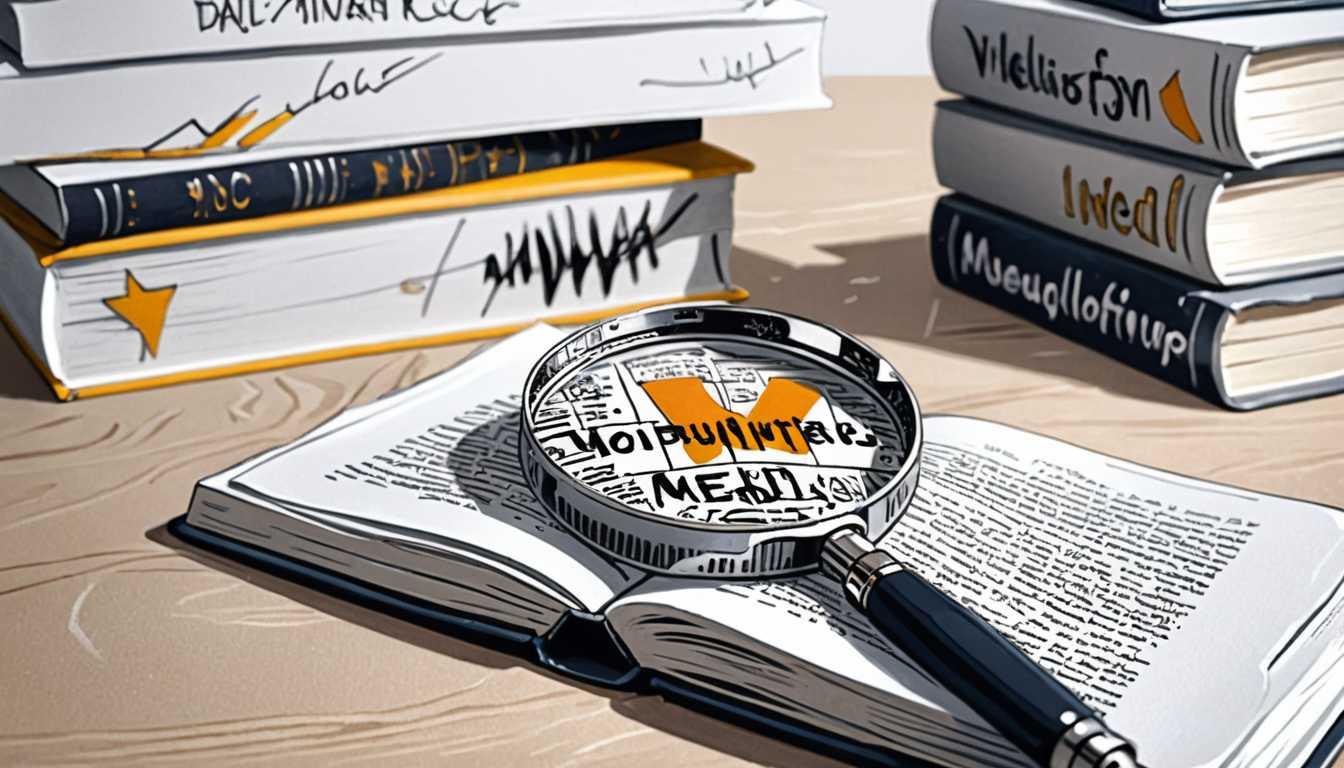Redefining the Digital World
October 2023
MIT Technology Review
Introduction
Ever wondered why the internet feels like a mix of a treasure chest and a dumpster fire? The MIT Technology Review dives deep into this digital paradox, exploring how our online world became a battleground of the best and worst of humanity. From the hilarious memes to the dark corners where trolls lurk, this piece doesn't just critique; it offers a glimmer of hope. Is it time to fix the internet, or should we start from scratch? Dive in to explore the possibilities and why, despite everything, the internet is still worth fighting for. Spoiler: There's a plan brewing.
READ FULL ARTICLEWhy It Matters
Discover how this topic shapes your world and future
Navigating the Net's Nooks and Crannies
The internet is like a vast ocean, filled with both treasure and trash. It's a place where you can find a community that makes you feel less alone, laugh at memes until your stomach hurts, and even order a pizza without talking to a human. But, it's also a place where negativity thrives, from bullying to misinformation. This duality makes the internet a complex, yet fascinating world worth exploring and understanding. By delving into how the internet operates and its impact on society, you can become a savvy navigator, capable of finding the best it has to offer while avoiding the digital pitfalls. Imagine being a digital detective, uncovering the mysteries of the online world and learning how to make it a better place for everyone. That's why this matters to you.
Speak like a Scholar
Digital Duality
The concept that the internet embodies both positive and negative aspects simultaneously, much like two sides of the same coin.
Misinformation
False or inaccurate information spread unintentionally, which can lead to confusion and the spreading of untruths.
Algorithms
A set of rules or instructions given to a computer program to help it make decisions. On social media, algorithms decide what content you see based on your behavior.
Moderation
The process of reviewing and controlling the content posted on online platforms to ensure it adheres to certain standards or policies.
Targeted Advertising
A marketing strategy that uses your online behavior and preferences to show you ads that are more likely to interest you.
Federation
A type of social network that is decentralized, allowing different platforms to interact with each other, giving users more control over their online experience.
Independent Research Ideas
The Psychology of Memes
Explore how memes, which are often humorous images or videos that spread rapidly online, impact our emotions and social connections. Investigating why certain memes go viral could uncover interesting aspects of human psychology and social behavior.
The Evolution of Online Communities
Research how online communities have transformed from the early days of forums and chat rooms to modern social media platforms. This could involve studying how these spaces have influenced social movements, support groups, and global communication.
The Ethics of Data Mining
Dive into the world of data mining, where companies collect and analyze vast amounts of information about users. Examining the ethical implications of this practice could lead to a better understanding of privacy rights in the digital age.
The Impact of Algorithms on Political Polarization
Investigate how social media algorithms might contribute to political polarization by creating echo chambers where users are only exposed to content that reinforces their existing beliefs. This topic sits at the intersection of technology, psychology, and political science.
Digital Literacy in Education
Explore the role of digital literacy in modern education. How can schools better prepare students to navigate the complexities of the internet, discern credible information, and use online platforms responsibly? This research could contribute to developing more effective digital literacy curricula.
Related Articles

Rethinking Racial Equity Messaging
April 2023
Cornell University

Guardians of the Virtual Galaxy
April 2023
MIT Technology Review

Empower Yourself: Fight Online Misinformation!
August 2024
MIT Technology Review

Conquer Your Inbox: LSE's Secrets
April 2024
London School of Economics (LSE)

Sharing or Truth? A Social Media Quandary
March 2023
Massachusetts Institute of Technology (MIT)